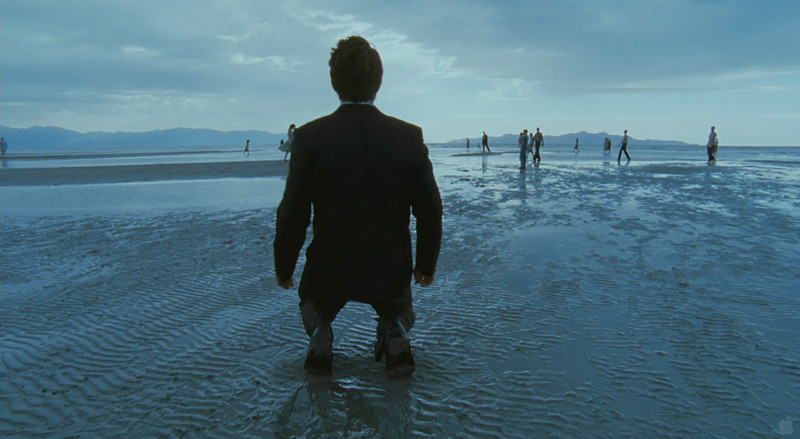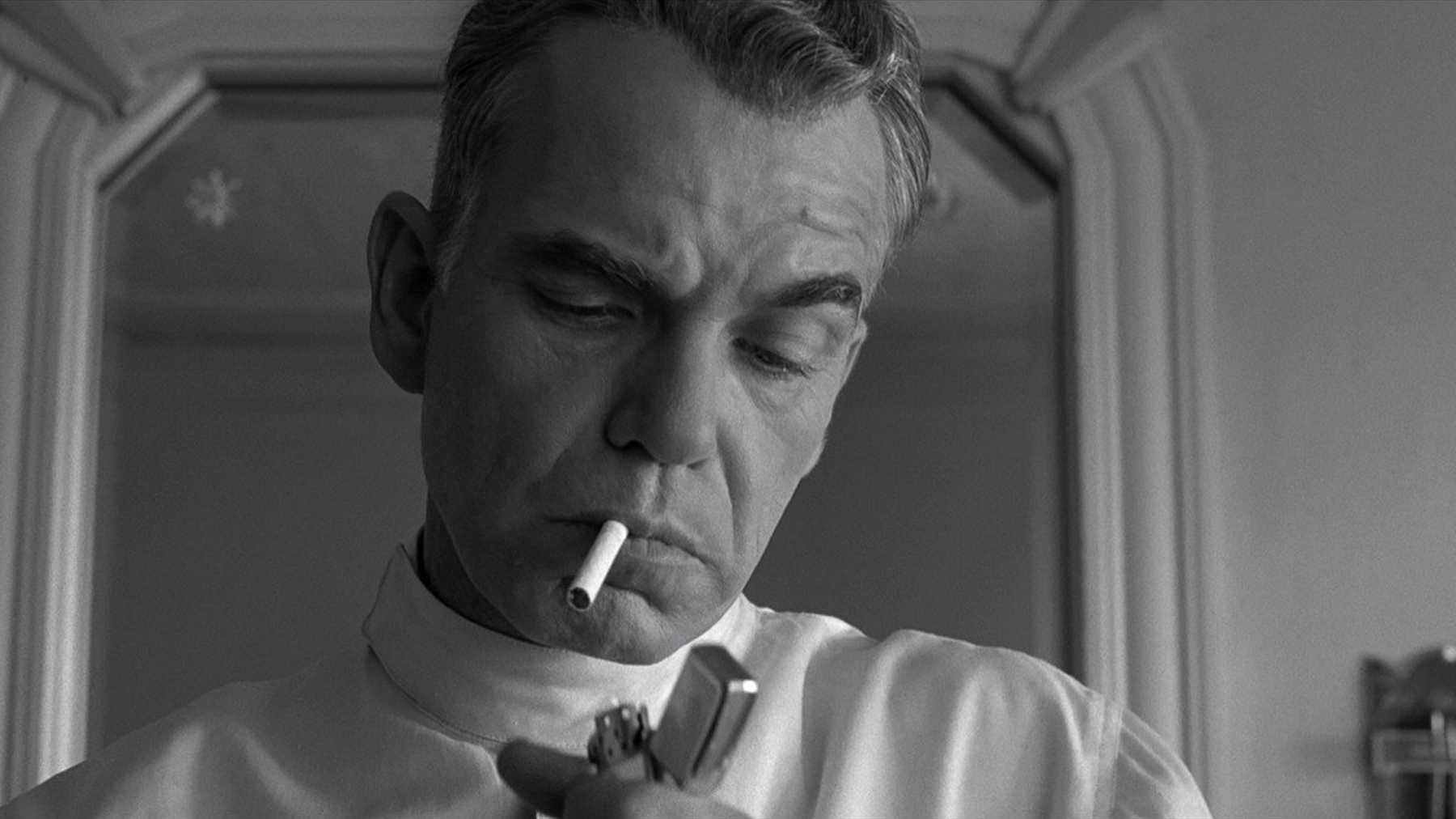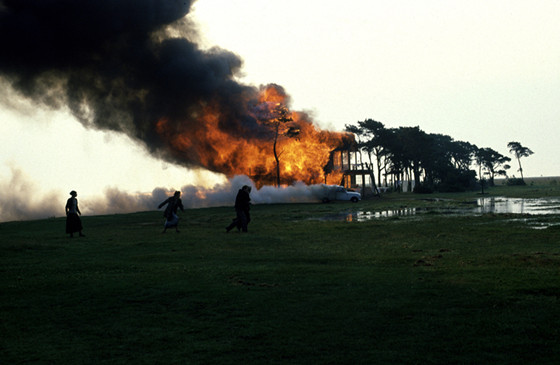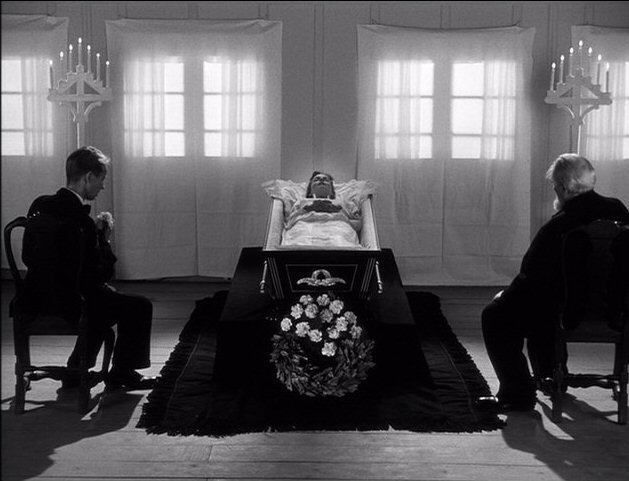
Soren Kierkegaard was an interesting man. A Danish philosopher, he is often considered the first existentialist (though yes, existentialism is much older than Kierkegaard), as well as a theologian and social critic. His works deal with faith, ethical life, repetition, choice, despair, and everything else related to living as an individual. Many of his writings are responses to Hegel, and all of them spurred controversy.
Kierkegaard was born into a wealthy family in Copenhagen and was well educated. His father died at a young age, and Kierkegaard himself was convinced that he would die before he was to turn 33, thanks to a curse. His philosophy and writings are heavily influenced by the love of his life, Regine Olsen, to whom he was briefly engaged.
It is worth noting that he broke off the engagement, causing his own depression and melancholy. His writings gathered public scorn and, although he published almost entirely under pseudonyms, he was engaged in a bitter battle with a satiric newspaper near the end of his life.
He collapsed in the street at the age of 42 and, after spending a month in the hospital during which he refused communion, died in his hospital bed. Even his funeral was the source of conflict and hard feelings, as his nephew caused a disturbance in protest of the church’s handling of the matter.
What is to follow is a list of 10 great Kierkegaardian films. Unlike many of my other lists, I decided not to restrict these 10 films by director, and rather to choose 10 films that I thought dealt with Kierkegaard rather explicitly. His influence is much broader than this, of course, and does include Bergman and many other directors.
1. The Tree of Life (2011)
Terrence Malick’s crowning achievement, The Tree of Life won the Palm D’or in 2011 thanks to stunning performances by Brad Pitt and Jessica Chastain, stellar cinematography, and a Kierkegaardian plot. As the first 15 seconds indicate, the entire film is an allegory for the book of Job which is overlaid onto parts of Malick’s childhood and adolescence. What exactly does that mean the film is about? As Kierkegaard wrote, “the Lord gave, the lord took away; blessed be the name of the Lord.”
As we see in the first few moments of the film, the O’Brien’s have suffered in inconsolable loss: their son has died. The rest of the film is a response to this tragedy, alluding most directly to Kierkegaard’s Works of Love, as Mr. and Mrs. O’Brien try to make sense of God and his will.
The central question of the film, writ first by Kierkegaard and then said verbatim by the pastor delivering a homily, is this: “Does he alone see God’s hand who sees that he gives, or does not also the one see God’s hand who sees that he takes away?”
2. Offret (1986)
This Tarkovsky masterpiece deals with evil, insanity, and a gigantic leap of faith. It features Nietzschean dialog, to be sure, but it also portrays an Abraham-and-Isaac style sacrifice. The film opens on Alexander (Erland Josephson), living a happy and seemingly complete life unaware of the impending nuclear holocaust. After hearing of the imminent death approaching over the TV, Alexander appeals to God offering to sacrifice everything he has to save his family.
How can he trust his faith? How can Alexander even know that he is hearing from God? Any action he can take requires a great deal of faith. As Kierkegaard wrote, “if anyone on the verge of action should judge himself according to the outcome, he would never begin. Even though the result may gladden the whole world, that cannot help the hero; for he knows the result only when the whole thing is over, and that is not how he became a hero, but by virtue of the fact that he began.”
3. Ordet (1955)
Ordet is a Carl Theodor Dreyer masterpiece, which follows the struggles of the Borgen family. Mikkel Borgen (Emil Hass Christensen), the oldest of the three children, has lost his faith and is married to a pious woman carrying his child.
Anders Borgen (Cay Kristensen), the youngest, is pursuing the daughter of a fundamentalist leader, and has yet to determine exactly what he believes. The middle child, Johannes Borgen (Preben Lerdoff Rye), is the character that makes the film most interesting. He went insane “studying Kierkegaard”, we are told, and is convinced that he is Jesus Christ.
Johannes wanders about throughout the village preaching and condemning the faithless acts of those around him. He is especially critical of his family members (Mikkel in particular) and the new pastor in the village. He asks that those in the village believe in him so that he can perform miracles, and so everyone thinks he is insane. Would we be able to believe that Christ was among us? And if we did, what miracles might he perform? Ordet offers a hypothetical answer.
4. To the Wonder (2012)
To the Wonder is the second in Malick’s autobiographical trilogy. It follows Neil (Ben Affleck) as he drifts between women, rejecting his faith and chasing pleasure. Most of all, it is diatribe against hedonism (and specifically against birth control), as Neil’s failed relationships are all built on the shifting sands of pleasure and lust. Of course, love isn’t quite that simple.
To the Wonder also features a Kierkegaardian sermon, this time one specifically about love. The priest argues that we choose to love, and that there are two types of love. As father Quintana (Javier Bardem) says, “There is a love that is like a stream that can go dry when rain no longer feeds it. But there is a love that is like a spring coming up from the earth.
The first is human love, the second is divine love and has its source above.” Kierkegaard says that what we love determines our existence. To the Wonder is a call on us to place our love above.
5. The Man Who Wasn’t There (2001)

Ed Crane (Billy Bob Thornton) is a barbor in a small Californian town who discovers that his wife is cheating on him with her boss. After hearing of a promising business venture, he decides to blackmail his wife’s boss for startup funds. Of course, all of this goes terribly sour, and Crane eventually finds himself in the middle of a legal scandal. As with any Coen film, viewers can expect artistry, hilarious dialog, and depth.
Crane’s character is stuck in the quagmires of despair and he realizes this as he sees that he hasn’t taken control of his life in the ways that matter. He has drifted to and fro, as is evidenced by the backstories of his job and marriage, and despite his outward appearances he is deeply troubled with this. His attitude changes though, as he begins to “pull away from the maze” so that he can “[see] it whole”, which gives him some peace.
The film is about a Kierkegaardian turn from a lower form of despair to a higher and more self-aware form, which Kierkegaard describes in great detail in The Sickness Unto Death. Is this turn enough to save him? As always, the Coen’s have an interesting take and commentary on despair, one that makes this film well worth the watch.



